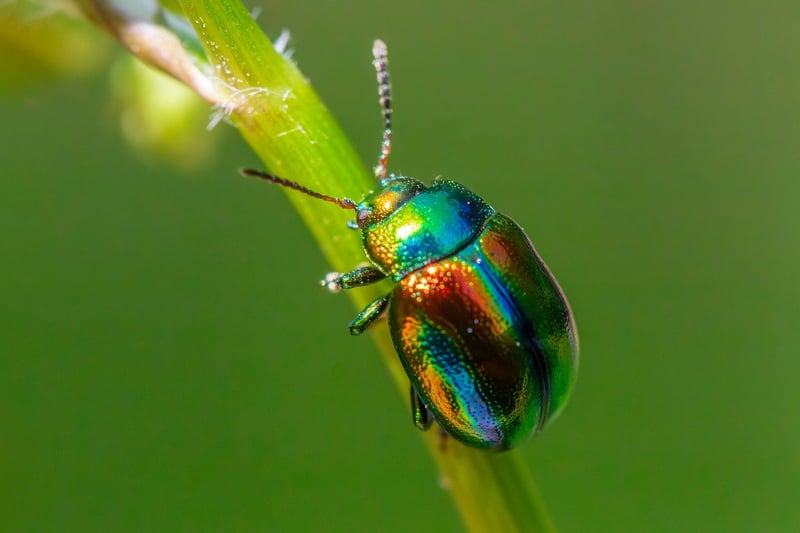Pest Control Strategies
Keeping Your Garden Healthy: Effective Pest Control Strategies
Welcome to our guide on maintaining a healthy garden by effectively managing pests. A lush garden not only adds beauty to your surroundings but also provides a sanctuary for various plants and beneficial insects. However, pests can threaten the health of your garden if left unchecked. Here are some essential pest control strategies to help you keep your garden thriving.
1. Identify Common Garden Pests
Before implementing pest control measures, it's crucial to identify the common pests that may be affecting your garden. Some typical garden pests include aphids, caterpillars, snails, and slugs. By recognizing these pests, you can choose the most appropriate control methods.
2. Natural Predators
Encourage natural predators such as ladybugs, lacewings, and birds in your garden. These beneficial insects feed on common pests and help maintain a natural balance. Planting flowers like marigolds and daisies can attract these predators to your garden.
3. Companion Planting
Utilize companion planting techniques by growing pest-repelling plants alongside your vulnerable crops. For example, planting basil near tomatoes can deter pests like aphids and tomato hornworms. Research companion planting combinations that work best for your garden.
4. Neem Oil Spray
Consider using neem oil spray as a natural and effective pest control solution. Neem oil disrupts the life cycle of many garden pests and is safe for beneficial insects. Regularly spraying neem oil on your plants can help prevent infestations.
5. Diatomaceous Earth
Diatomaceous earth is a natural and non-toxic substance that can be sprinkled around plants to deter crawling insects like ants, slugs, and beetles. It works by dehydrating the pests and is safe to use around pets and humans.
6. Handpicking
For larger pests like caterpillars or beetles, handpicking them off your plants can be an effective control method. Regularly inspect your garden and remove any visible pests to prevent damage.
7. Proper Watering and Pruning
Ensure your plants are healthy and less susceptible to pests by practicing proper watering and pruning techniques. Overwatered plants are more prone to diseases and pest infestations, so maintain optimal watering levels. Additionally, prune overcrowded or damaged plant parts to reduce hiding spots for pests.
By incorporating these pest control strategies into your gardening routine, you can maintain a healthy and thriving garden while minimizing the use of harmful chemicals. Remember to regularly monitor your plants for signs of pest damage and adjust your control methods accordingly. Happy gardening!

For more information on pest control and gardening tips, visit Royal Horticultural Society.
